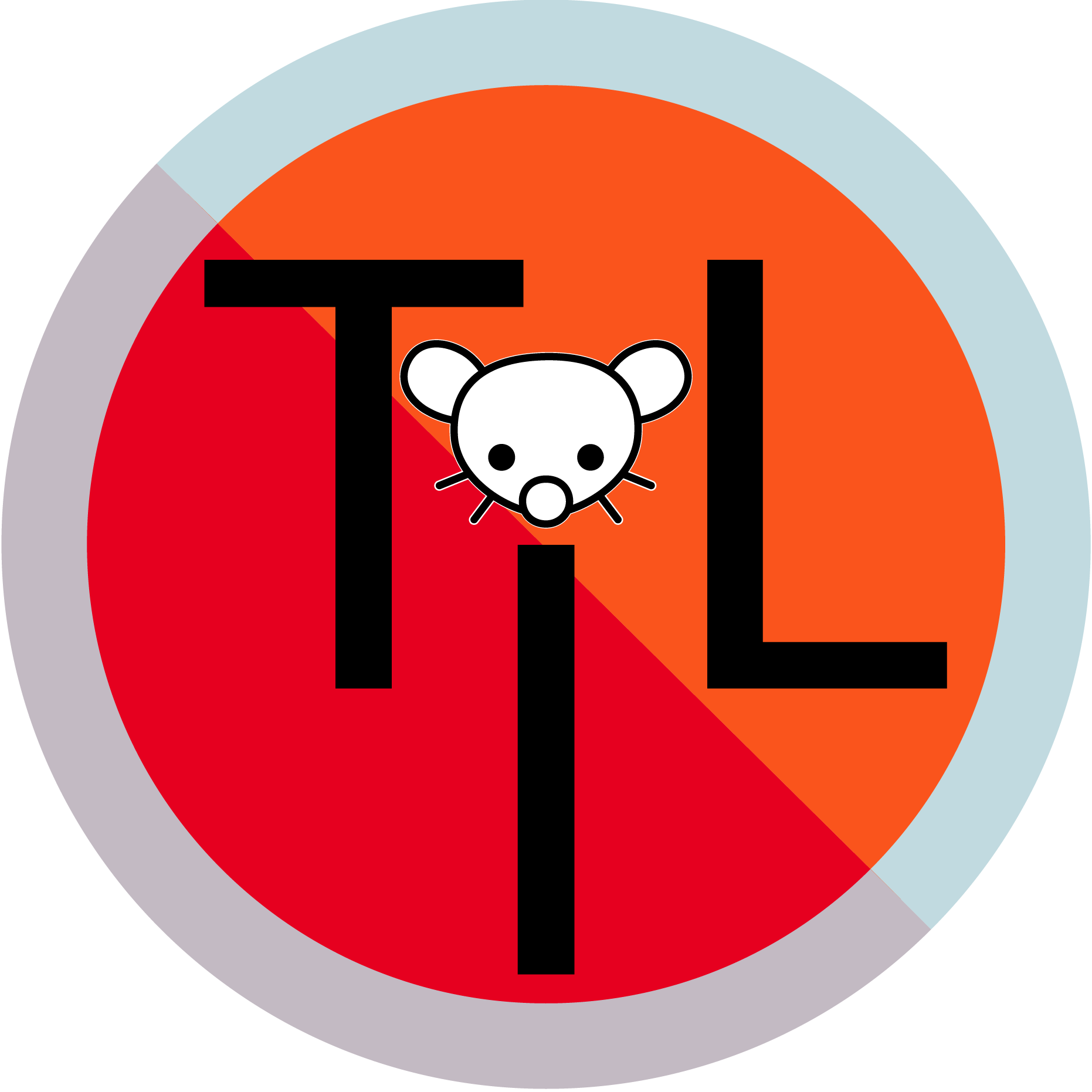

At the same time, when you are repeatedly exposed to the single most contagion-ridden work environment in the country outside of actual medical facilities, and you can point at stats like 56% increase in sickness rates, you would have to be actively dry humping the letter of the law to not just go ‘well… yeah that’s fair’.











AoE2 soundtrack is a timeless masterpiece. Still have the CD from the Collectors Edition somewhere.